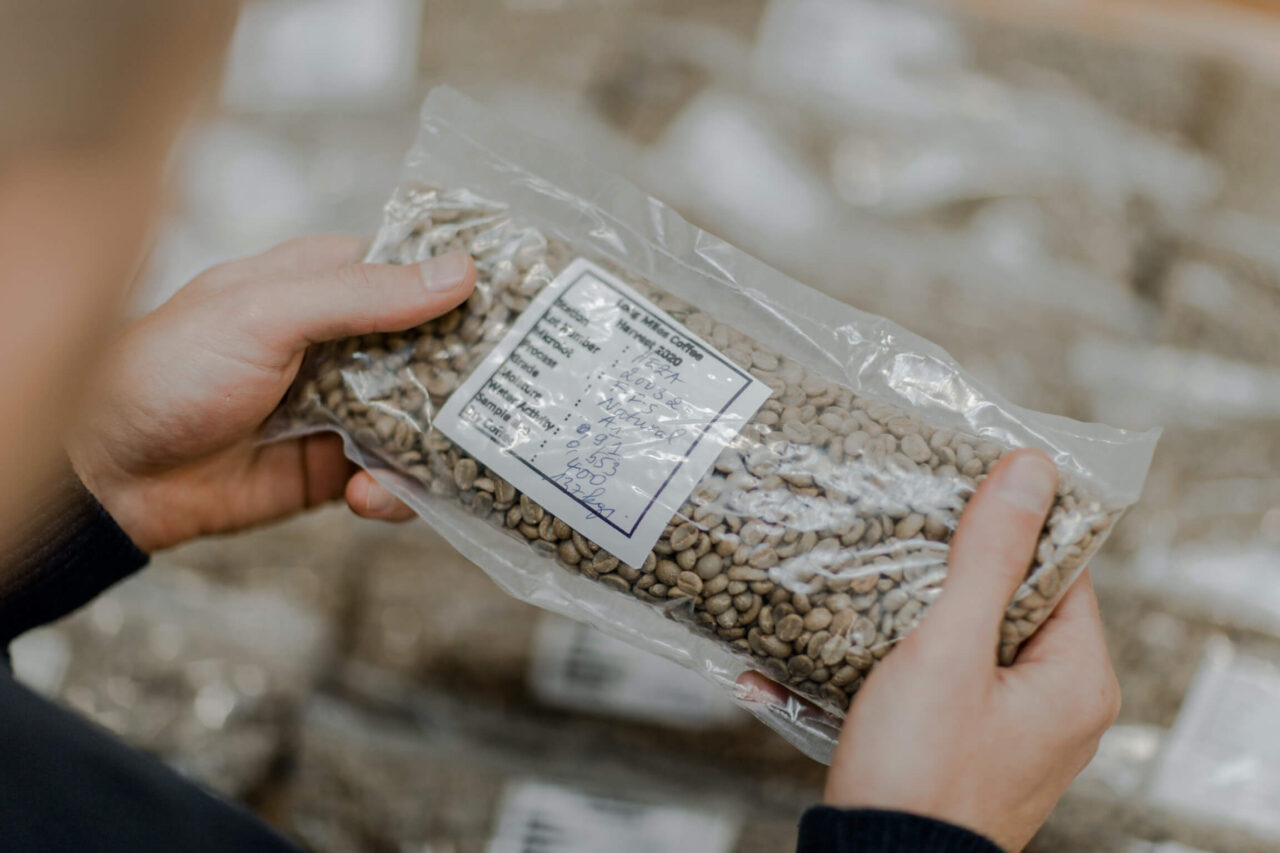During every single harvest we are faced with unwelcome surprises.
Whether we are blindsided by a drought, a coup attempt, ill-timed rains, a fuel shortage, or a demanding new government policy; we have learned to expect the unexpected. And yet, 2021 has been able to present some challenges that still feel shocking. The 2021 harvest brought three very big surprises in Burundi: a small crop, a new government policy, and unbelievable shipping challenges.

You could say that the small crop should not have been a surprise. It is, after all, the third harvest in a row that has produced dismal yields. That is, however, exactly why it was such a surprise and here’s why.
Twenty-eighteen was a very large harvest in Burundi. Following natural plant cycles, a small harvest in 2019 was expected as it is not uncommon for coffee plants to undergo boom and bust production cycles. Twenty-nineteen ended up being even smaller than expected – much smaller. Twenty-twenty was expected to rebound to a more “normal” production volume. This did not, however, happen. This is very likely due to the shifting climate and the fact that Burundi more or less experienced rain when it typically does not, and did not get rain when it typically does. Much of the coffee on the trees that year went from green to brown without ever having a chance to ripen.
With two low production years under our belts, 2021 was expected to be a year of good volume. The season started very late, and very slow. As coffee cherry trickled into the three Long Miles washing stations, hopes remained high for a year of decent volume as the climate was more or less cooperating.
But, the large volumes simply never came in.
This was, like the prior years, a national phenomenon; all of Long Miles’ neighbors and friends experienced the same thing. Simply put, there was very little coffee. The most heartbreaking statistic we recognized this season is the fact that the 2019, 2020, and 2021 seasons added together, do not match the volume that we produced in 2018 alone.

The second big shock of the year came in the form of a new policy set in place by the Burundi government.
Just as we were in the process of exporting our first container of the year, a new policy made it such that all coffee must be paid in full before it could be loaded into a container.
This may sound small and simple enough, but simply put, it is not how this type of business is/has been done. Getting financial institutions to quickly pivot on how six figure transactions are handled is no easy task. Especially at a time when risk analysts are seemingly much more hesitant than in recent years. We are very grateful to our importing partners who have been able to be nimble and make exceptions to how business is normally done in order to get coffee moving.
Lastly, there is the current state of the shipping industry. Most people are now aware because of the contents of their grocers shelves that shipping and logistics have been a nightmare for the past sixteen months or so. It is no surprise that everyone in coffee exporting/importing has been experiencing these challenges first hand. East Africa, in general – and Burundi, specifically – is never a logistics cakewalk.
Last year, a normal quote from Dar es Salaam, Tanzania to New York would be somewhere around $1,200 per container. This year we have seen quotes above $13,000 – and these are not even guaranteed shipments.
Despite these challenges, the quality produced this year was some of our best ever. The first USA-bound container is currently in a bonded warehouse in Dar as Salaam, waiting to be put on a ship. We are moving as quickly as possible to get the next three containers moving, as well.

The next container to move will be heading to Antwerp and the remaining two will go to the States. While most of the coffee is pre-sold, having been committed to partners with long-term agreements and contracts, we welcome you to reach out to david@longmilescoffee.com or info@longmilesscoffee.com to discuss next year and also our Kenya and Uganda offerings. The 2022 harvest flowering (that just took place in Burundi) is looking very promising. Add to this our projects taking off in Kenya and Uganda and we are hopeful that in the very near future we will have more than enough coffee for all of our partners. Please stay with us and please stay in touch.

